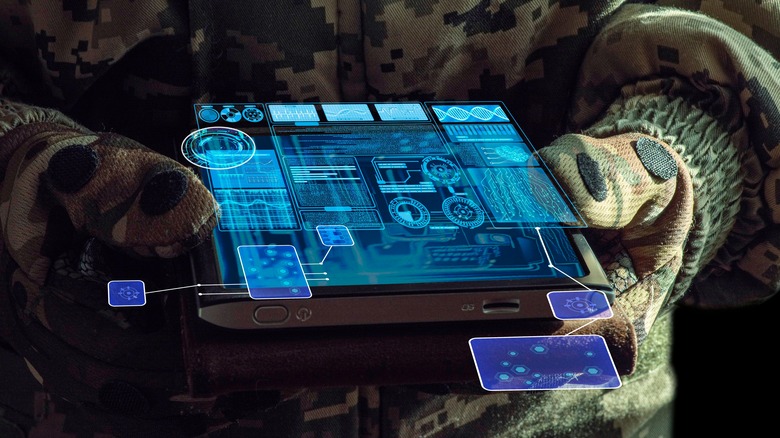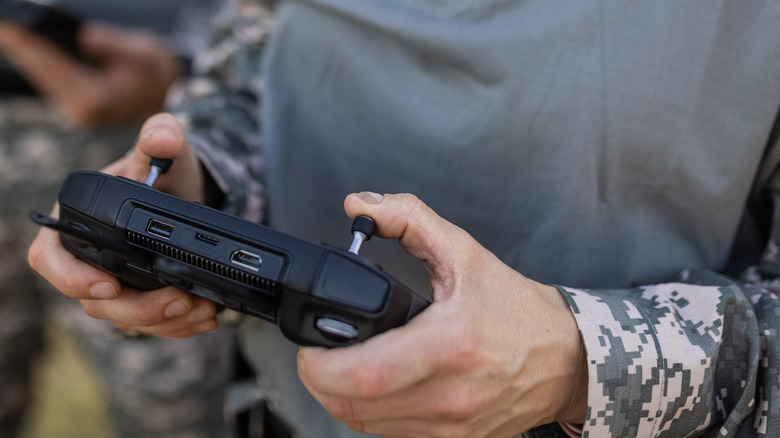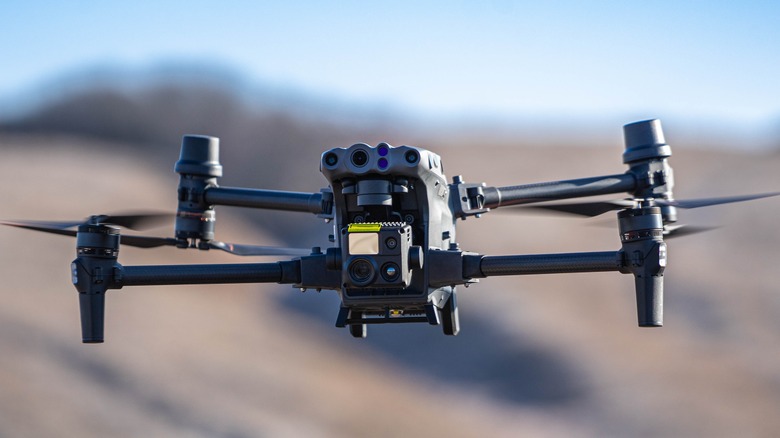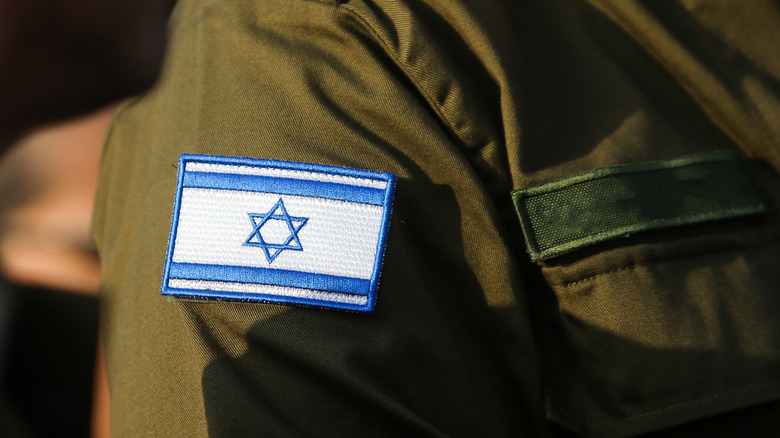Why Israel's Military Is Doubling Down On AI Warfare
In a time wherein AI is slowly penetrating every inch of society, Israel's military is gearing up to be an artificial intelligence superpower like no other. During Herzliya Conference 2023, an international security forum, Defense Ministry Director-General Eyal Zamir said, "Our mission is to turn the State of Israel into an AI superpower and to be at the head of a very limited number of world powers that are in this club."
To usher in this next stage of AI-supported military warfare, Zamir shared Israel's Defence Ministry's two-pronged approach: creating dedicated organizations with a focus on military robotics and an increased budget for research and development. Aside from this, after meeting with tech billionaire Elon Musk and OpenAI CEO Sam Altman, Israeli Prime Minister Benjamin Netanyahu said that he also intends to formulate a national policy regarding civil and security uses for AI.
PM Netanyahu:
We are at the dawn of a new era for humanity, an era of artificial intelligence.
Last night I had a long conversation with @elonmusk, whose insight and contribution to humanity I hold in high esteem. pic.twitter.com/ZyyvvntjKC
— Prime Minister of Israel (@IsraeliPM) June 5, 2023
Although the exact number for the supposedly record-high budget for AI was not disclosed, it's important to understand that Israel already has a strong, established technological ecosystem that can easily support its AI warfare endeavors. For decades, Israel has long worked to develop an integrated defense ecosystem, which is composed of its military, academia, and commercial services.
The Israeli military's history of innovation
Since its origins in the 1950s, the Israeli military's Unit 8200 and its distinguished alumni have produced hundreds of successful startups across industries. Unit 8200 is a prestigious Israel Defense Forces unit that recruits people to work on intelligence operations, such as decryption, counterintelligence, cyber warfare, and surveillance. With its culture of innovation and mandatory military service for both males and females, it's no wonder why many ex-soldiers also go on to build defense-related startups. According to Forbes, former soldiers in its intelligence unit are also known for launching successful cybersecurity startups such as Check Point, Forte, Armis Security, Guardicore, and Wiz.
Between 2014 and 2018, the percentage of Israeli companies engaged in AI, such as its core technology, autonomous vehicles, and cybersecurity, increased by 120%. In 2018, Israeli-owned companies engaged in AI raised $1.89 billion, while cybersecurity startups raised $1.08 billion. From 2005 to 2013, Israel was the world's leading exporter in the UAVs market, with the Israeli market share of exports reaching about $4.62 billion.
Believed to be one of the best military drones in the world today, the Israel Aerospace Industries also produced the Heron advanced UAV system, which provides real-time information on encounters through surveillance and target acquisition. In 2016, Colonel Eli Birenbaum, chief of the military's operational data and applications unit, led Israel's military's first machine learning platform designed to spot hacking attempts. Last June, Birenbaum shared that around half of Israel's military technologists will be focused on AI by 2028.
Known existing applications of AI in the Israeli military
In 2022, Israel introduced AI-powered robotic guns to enhance accuracy when firing tear gas, stun grenades, and sponge-tipped bullets. In the event of a terrorist attack, improved accuracy with the help of AI could potentially prevent unwanted civilian or ally casualties. "Usually, the terrorist will be inside a civilian environment with many people that we do not want to hurt. We're enabling the soldier to look through his fire control system, to make sure that the target that he wants to hit is the legitimate target," said Michal Mor, the CEO of Smart Shooter, to Euronews.
According to the Israeli army, autonomous guns are still highly regulated and will not use live rounds. However, some of the scariest military applications of AI, such as drones and remote-controlled guns, are already being used around the world. In fact, Israel has already ushered in the era of drone warfare this year in Palestine. On the other hand, Israel also recently used AI during last month's Gaza mini-war through its "Knowledge Well", a bot that provided real-time overviews of Palestinian rocket launches using a WhatsApp-modeled platform.
The future of AI and military warfare in Israel
While many other countries may attempt to lead the AI revolution in the military space, there are few that can mimic Israel's highly integrated defense environment in the same way. Although the future of AI in military warfare is still up in the air, there have already been reports of existing systems showing early signs of success in recent times.
Notably, what also makes this season of evolution for AI's future and the Israeli military compelling is that it plans to integrate deep-learning realms which originate from commercial applications, such as GPT (Generative Pre-trained Transformer) and AGI (Artificial General Intelligence). According to Reuters, Zamir shares that the use of GPT and AGI could include "the ability of platforms to strike in swarms, or of combat systems to operate independently, of data fusion and of assistance in fast decision-making, on a scale greater than we have ever seen."



